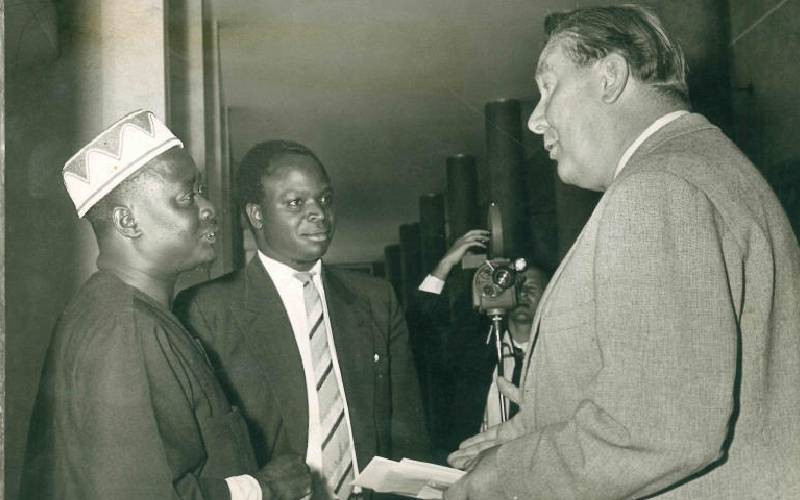×
The Standard e-Paper
Smart Minds Choose Us

If all goes according to plan, Kenyans will have a new form of identification before end of the year. The Universal Personal Identification, the new ID, will join a long list of identification documents.
In 1957, when Kenya proposed to introduce a universal form of identification, there was a revolt. All the Europeans in the colony rejected the idea of having their fingerprints taken.